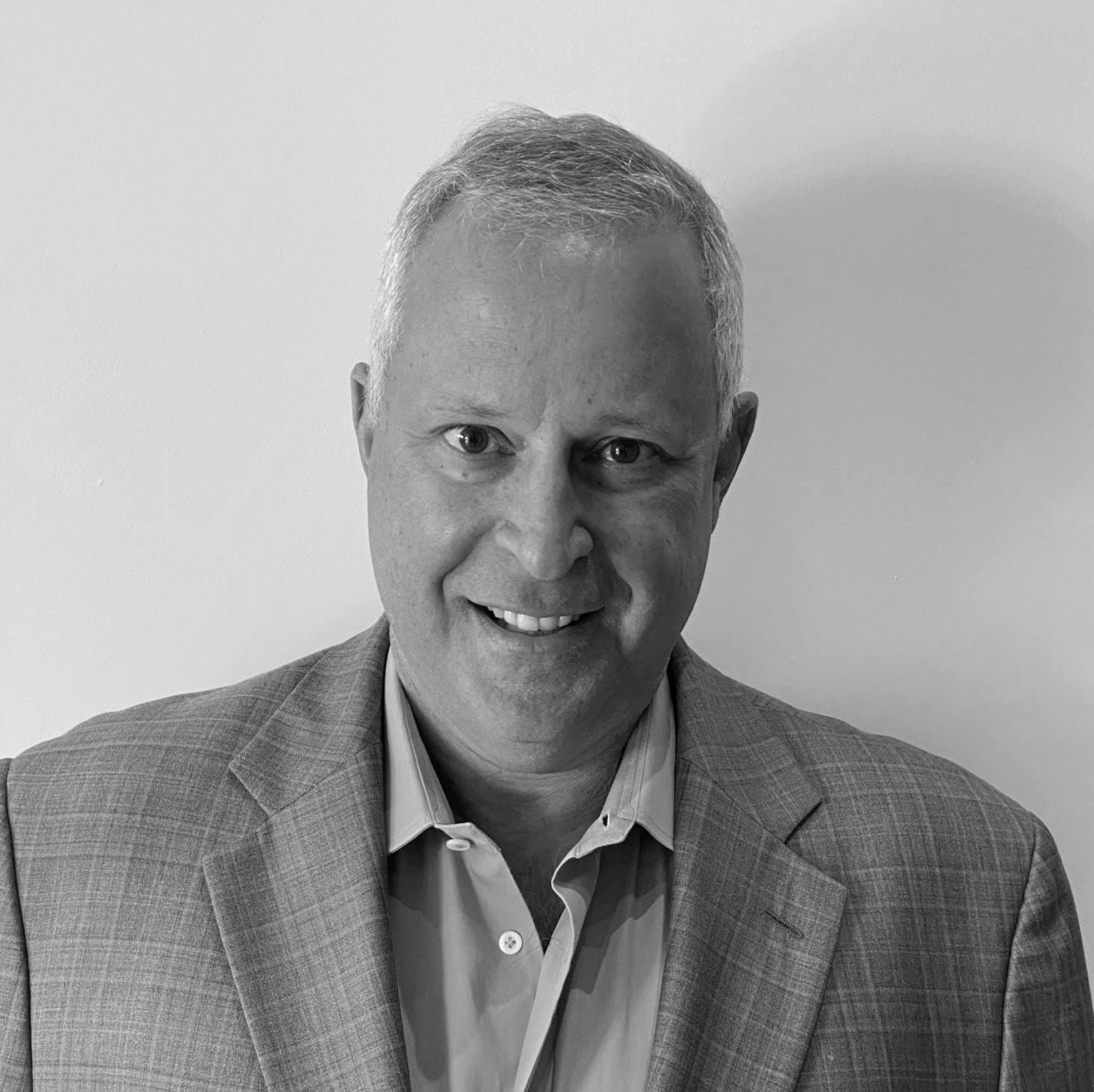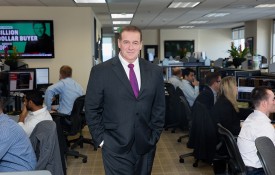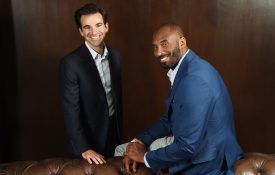“Well, I wonder what it’s like to be the head honcho? I wonder what I’d do if they all did just what I said (just what I said)? Well I’d shout out an order “I think we’re out of this, man, get me some. Boy, don’t make me want to change my tone, my tone.”
(Real World by Matchbox Twenty, 1998)
I serve as CEO and president of Raleigh Enterprises, a family-owned, real estate–based service company in Los Angeles, founded 66 years ago by my father, George Rosenthal, and his father, David Rosenthal. To say that our operations are eclectic would be an understatement. My father is the quintessential entrepreneur and, for better and worse, we have functioned as a mini conglomerate throughout our history, with heavy emphasis on all aspects of real estate and a variety of related operating businesses (records management, film studios, hotels, etc.). In the more than six decades we have been in business, we have enjoyed periods of growth and success and have also endured times, such as this past year, of considerable stress.
Throughout my tenure, I have worked in many capacities, including gardener, construction laborer, and front-desk clerk. Following law school, I served as general counsel of the holding company for a decade, transitioned to COO, and finally to president and CEO in 2000. So, I have a perspective on our businesses from many vantage points. I have spent a fair amount of time thinking about what has worked throughout the years, and what has not. I will start with what I have found is most important.
To quote another rocker, Bob Seger, none of us wants to “feel like a number.”
In the song “Real World,” Matchbox Twenty claims that acting authoritatively and decisively defines our role as the “head honcho.” This may be true at times and there are certainly other times when we must make difficult decisions. But, in my experience, our No. 1 job as CEOs is to be humane. Which means to me that our actions must be defined by compassion, empathy, consideration, and courtesy, even—and especially—during stressful or challenging times. It may sound trite, but it is more difficult than it appears, especially when so many CEOs become enamored with the authority and power of our title.
All of our businesses are in service industries, so I cannot opine about the most efficient ways to manufacture a widget. In our companies, however, we have a perspective borne of personal experience, premised upon the realization that all of us are deeply motivated by our fears and insecurities, most often about our need to feel valued and respected as individuals. To quote another rocker, Bob Seger, none of us wants to “feel like a number.”
The challenge is that, as CEO, I rarely deal with our clients directly. I may or may not even have a direct relationship with our staff members who work directly with our clients. So how can I influence the care of our customers?
It’s simple—I influence the outcome of the interactions between our staff and customers by the example I set in dealing with all the members of our team. I can help create an atmosphere where our employees feel secure in supporting our customers if I make a positive difference in their lives by:
Saying “please” and “thank you,” and recognizing a job well done. An expression of gratitude and appreciation for an individual’s efforts goes a long way to establish and build goodwill.
Moderating my expressions of displeasure about poor performance by addressing individual unacceptable behaviors, rather than through ad hominem attacks on an individual.
Genuinely listening to concerns and criticism and making changes when the concern is well-founded.
Understanding that all of us are human and have bad or difficult days that can, sometimes, follow us into work.
Being clear in our expectations for performance and in providing our team members the tools and training necessary for success.
There is more I could add to the list, but that should be a fine start for the moment. I have often said, “Life is too short to work for an a——.” As CEO, I can go a long way toward avoiding this outcome through the tenor I set through my actions. I assure you, as will members of my team, I do not always get it right, but I am always on the journey toward being better tomorrow.
Mark Rosenthal is the CEO of Raleigh Enterprises, a 60-year old family owned real estate based service company comprising film studios, hotels, multi-family apartments, wineries, and an information management business. Mr. Rosenthal is also a founding member of the Los Angeles Committee on Foreign Relations and has been a member and officer of the Santa Monica Bay Chapter of YPO.














































